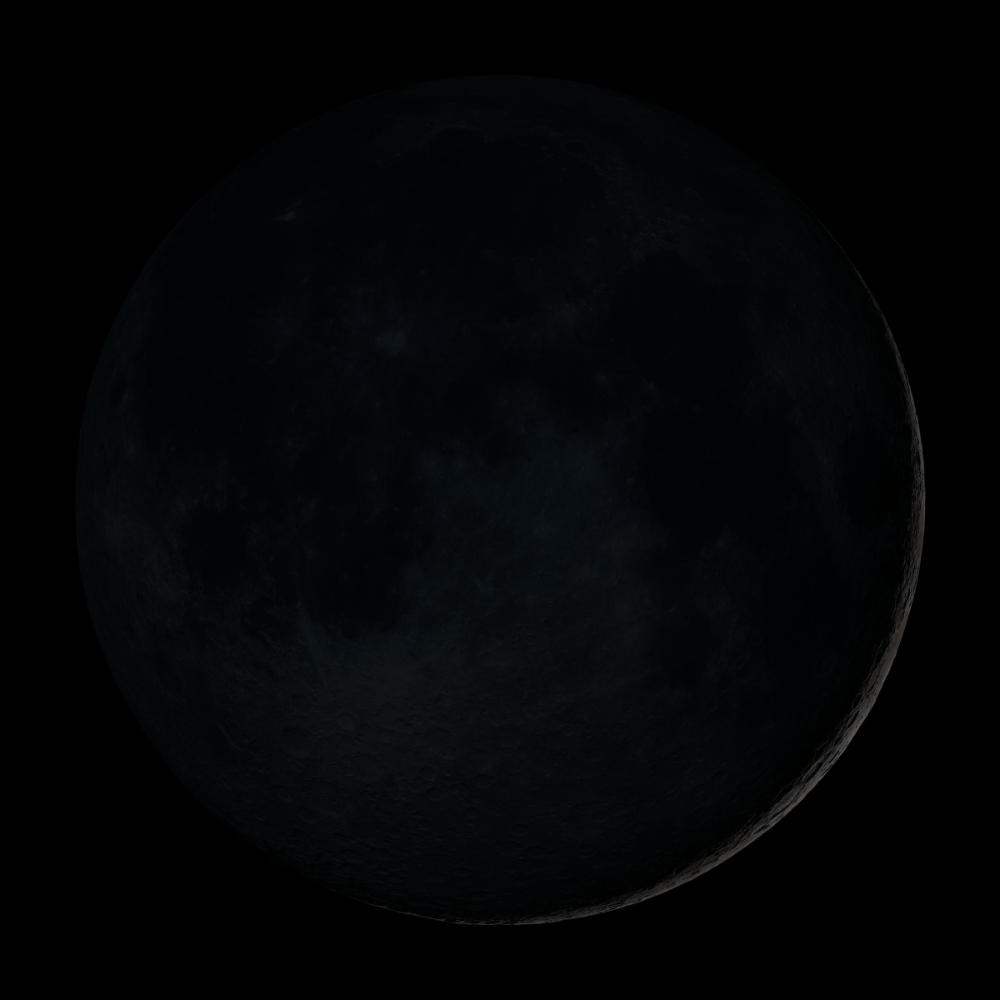The spinning of the Earth on its axis
Rotation
The 4 seasons
Winter, Spring, Fall, Summer
What phase of the moon is shown here?

New Moon
What galaxy to we reside in?
The Milky Way
How many planets are in our solar system? Include Earth
8
The spinning of the Earth around the sun
Revolution
At these times of year (Seasons) the sunlight shines equally on the northern and southern hemispheres.
Spring and Fall
Length of each lunar phase
About 7.4 days
Center cluster of stars, spiral or disk shape, Milky Way, arms coming out
Spiral Galaxy
What is the name for the path that a planet takes around the Sun?
Orbit
The degree to which the Earth is tilted
23 degrees
In this season the Northern Hemisphere is tilted towards the sun, causing longer daylight hours and more direct sunlight.
Summer
Total length of a lunar cycle
About 29 days
No defined shape, no clear bulge or disk, leftovers of 2 colliding galaxies
Irregular Galaxy
A system of stars, gases and dust held together by gravity
Galaxy
The day you have the shortest amount of daylight
Around December 21st
This part of the Earth gets the most direct light from the sun and has the least variation in daylight hours. It is also the region of the world with the most rainforests.
The Equator
When the sun's surface is blocked out by the moon
Solar Eclipse
Densely packed stars, round or oval shaped
Elliptical Galaxy
A unit of astronomical distance equivalent to the distance that light travels in one year
A light year
Explain the process of how the moon was formed
Approximately 4.5 billion years ago, the Earth and another planet crashed into each other. The debris from that crash created the moon.
During December, January and February, the Southern Hemisphere is experiencing what season on Earth?
Summer
The Earth is between the sun and the moon
Lunar Eclipse
Location of our sun in the Milky Way galaxy
⅓ the distance from the center of the Milky Way Galaxy on the Orion Arm.
What is the only other planet in our solar system that we believe could sustain life?
Mars